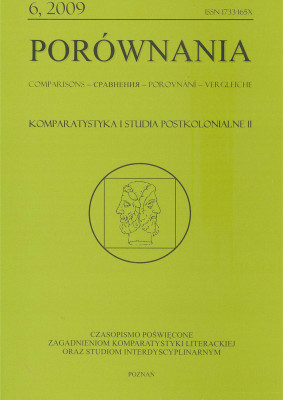A Postcolonial Age or Postcolonial East and Central Europe?
In the post-Soviet era, self-identification has been a priority issue that has shaped the public discourse in all East and Central European states. The local intelligentsia produced or renewed a wide range of ideologies which tried to place their more or less democratic, “reborn” country on the global or regional map. At the same time, Western scholars specialized in Slavonic or Eastern European Studies (many of which were emigrants of these countries) also tried to reconfigure the global symbolic geography in various ways. From the mid-1990s, one of these latter attempts has been the excession and application of the terms postcolonial or postcolonialism on the so-called postcommunist societies. This essay calls attention to the history of this idea and explores the discursive conditions of the claim arguing that while in the context of public remembering it might be acceptable to use such a framework, it is hardly applicable to the whole region without any differentiation.
ISSN: 1733-165X
| Article Title | Type | Size |
|---|---|---|
| 6 4 Scheibner T. Okres postkolonialnmy. | [pdf] | [413 KB] |
